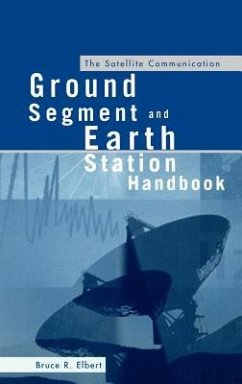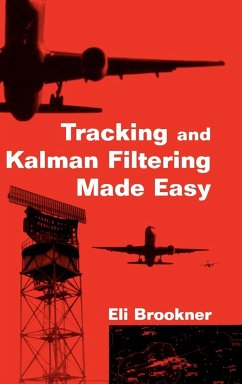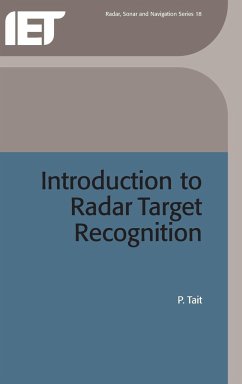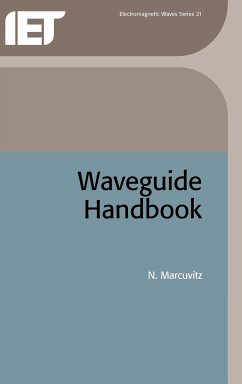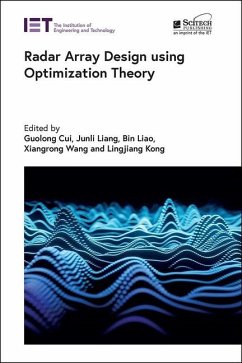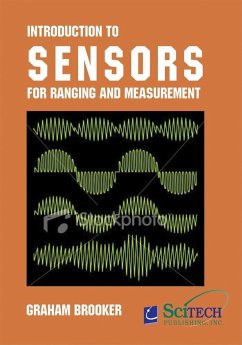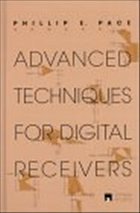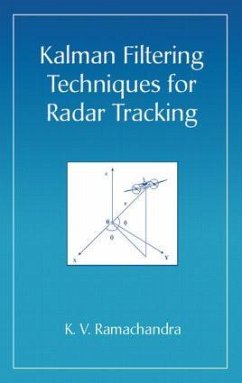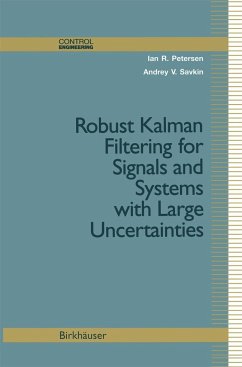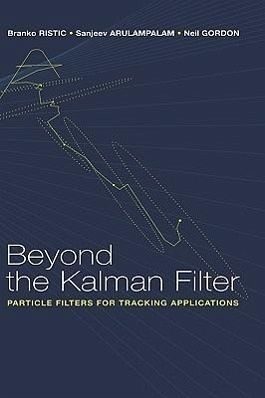
Beyond the Kalman Filter: Particle Filters for Tracking Applications
Versandkostenfrei!
Versandfertig in über 4 Wochen
140,99 €
inkl. MwSt.

PAYBACK Punkte
70 °P sammeln!
Filters are the basic building block of radar defense systems that track targets, provide surveillance, avoid collisions, and guide flight. The most common type of filter is the Kalman filter. For most applications the Kalman filter is reliable and efficient, but it does have limitations. This book looks at cutting-edge particle filters that can track under conditions where Kalman filters fail. It introduces the latest advances in particle filter theory, discusses their relevance to radar tracking, and examines the defense applications of particle filters. With this hands-on guide, radar engin...
Filters are the basic building block of radar defense systems that track targets, provide surveillance, avoid collisions, and guide flight. The most common type of filter is the Kalman filter. For most applications the Kalman filter is reliable and efficient, but it does have limitations. This book looks at cutting-edge particle filters that can track under conditions where Kalman filters fail. It introduces the latest advances in particle filter theory, discusses their relevance to radar tracking, and examines the defense applications of particle filters. With this hands-on guide, radar engineers can develop more accurate and reliable filter designs and more precisely predict these designs' performance.



